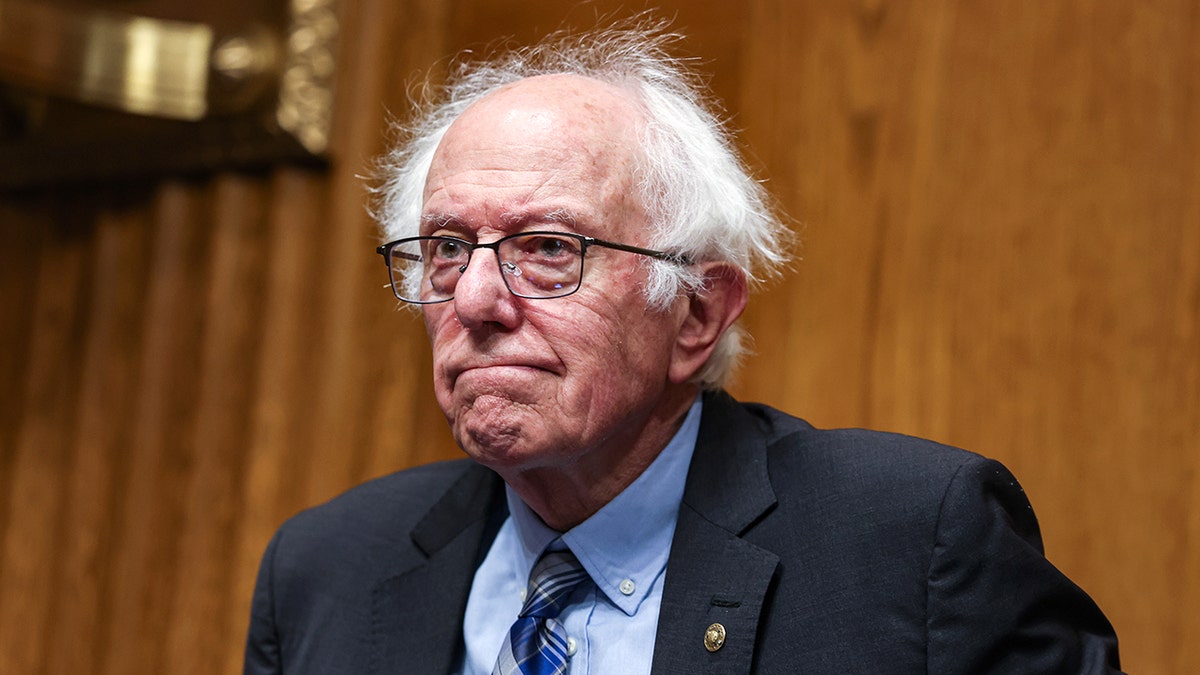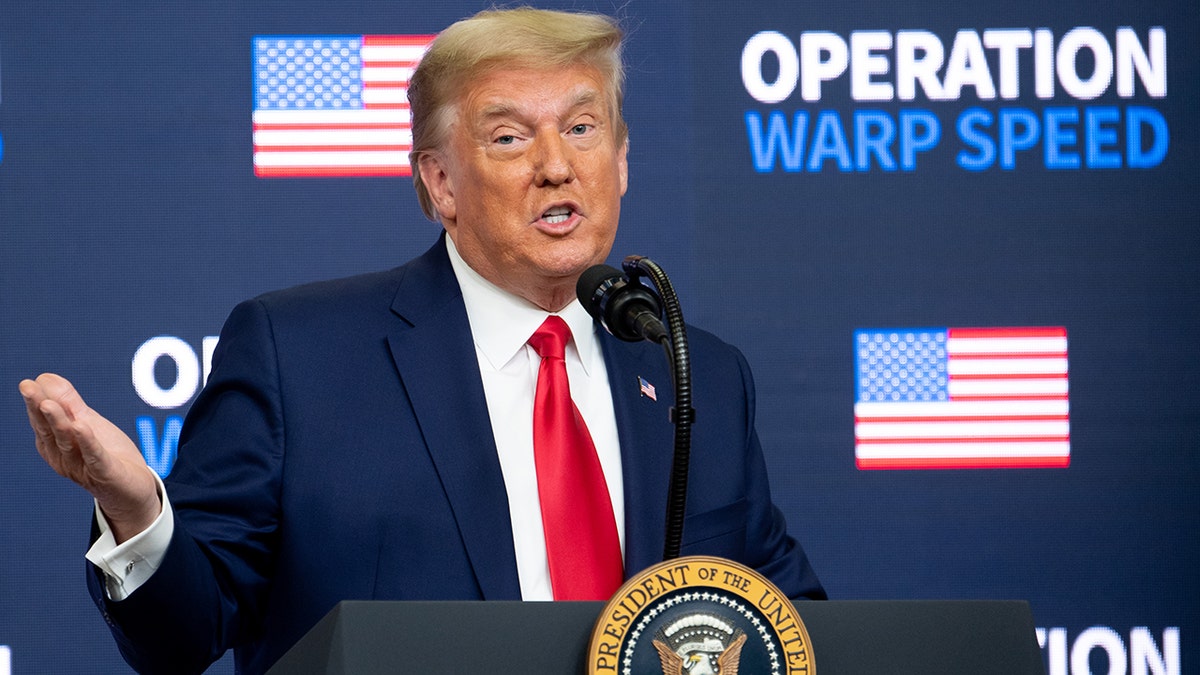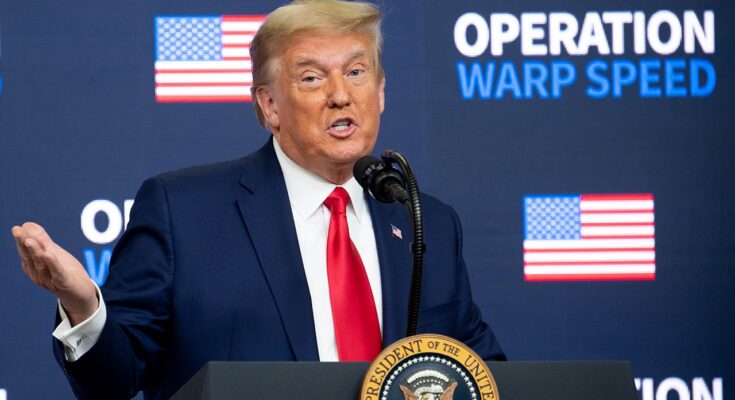The Shifting Sands of COVID-19 Vaccine Mandates and Their Legacy
The landscape surrounding COVID-19 vaccine mandates has undergone a significant transformation. A recent announcement by a Food and Drug Administration (FDA) official has declared that mandatory vaccination for healthy individuals is no longer legally feasible. This statement marks a pivotal shift in policy and reignites the debate surrounding the efficacy and impact of the vaccines themselves.
The FDA’s Legal Shift and its Implications
The FDA’s assertion that mandates are “legally impossible” for healthy individuals has profound implications. This declaration throws into question the previous justification for widespread mandatory vaccination programs. It signals a potential recalibration of public health strategies concerning future pandemics and the balance between individual autonomy and public health concerns. The specific legal reasoning behind this shift remains to be seen, but its announcement has triggered widespread discussion and analysis among legal scholars and public health experts.
A Presidential Inquiry and the Question of Vaccine Efficacy
Former President Donald Trump has recently demanded a comprehensive evaluation of the COVID-19 vaccines, demanding transparency from pharmaceutical companies regarding their efficacy and impact. He raises concerns about a perceived lack of public disclosure regarding the full extent of the vaccine data, questioning whether the publicized results fully reflect the actual outcomes. This call for transparency is fuelled by a broader public discourse questioning the effectiveness and potential side effects of the vaccines, prompting a demand for greater clarity from both pharmaceutical companies and regulatory bodies.
Operation Warp Speed: A Success Story or a Point of Contention?
President Trump’s involvement in Operation Warp Speed, the initiative to accelerate COVID-19 vaccine development, has become a central point in the ongoing debate. While some, including Senator Bernie Sanders, maintain that it was a resounding success, saving countless lives, others express reservations, demanding a more thorough analysis of its outcomes and potential drawbacks. The legacy of Operation Warp Speed remains contested, highlighting the complexities of evaluating large-scale public health interventions and the challenges of balancing speed of development with comprehensive safety analysis.

The Public’s Demand for Transparency
The controversy surrounding COVID-19 vaccines is not confined to political figures; it reflects a broader public demand for greater transparency and accountability from pharmaceutical companies and regulatory bodies. Concerns about the long-term effects of the vaccines and the potential for adverse reactions continue to fuel public debate. This demand for transparency emphasizes the crucial role of open communication and rigorous scientific scrutiny in maintaining public trust in healthcare initiatives.

Conflicting Narratives and the Need for Objectivity
The narratives surrounding COVID-19 vaccines are often highly polarized. While some celebrate the vaccines as a monumental public health achievement, others emphasize perceived shortcomings and potential risks. This polarization highlights the need for a more nuanced and objective assessment of the vaccines’ impact, focusing on both their benefits and limitations. The current situation underscores the importance of evidence-based decision-making, avoiding sensationalism and political manipulation in the pursuit of public health goals.
The Ongoing Debate: Where Do We Go From Here?
The shift in policy regarding vaccine mandates, combined with the ongoing questions regarding vaccine efficacy and transparency, demands a thoughtful and thorough examination. Moving forward, a more transparent and collaborative approach is crucial, involving open communication between scientists, policymakers, and the public. Only through rigorous scientific investigation and open dialogue can we hope to build a stronger foundation for future public health strategies.


